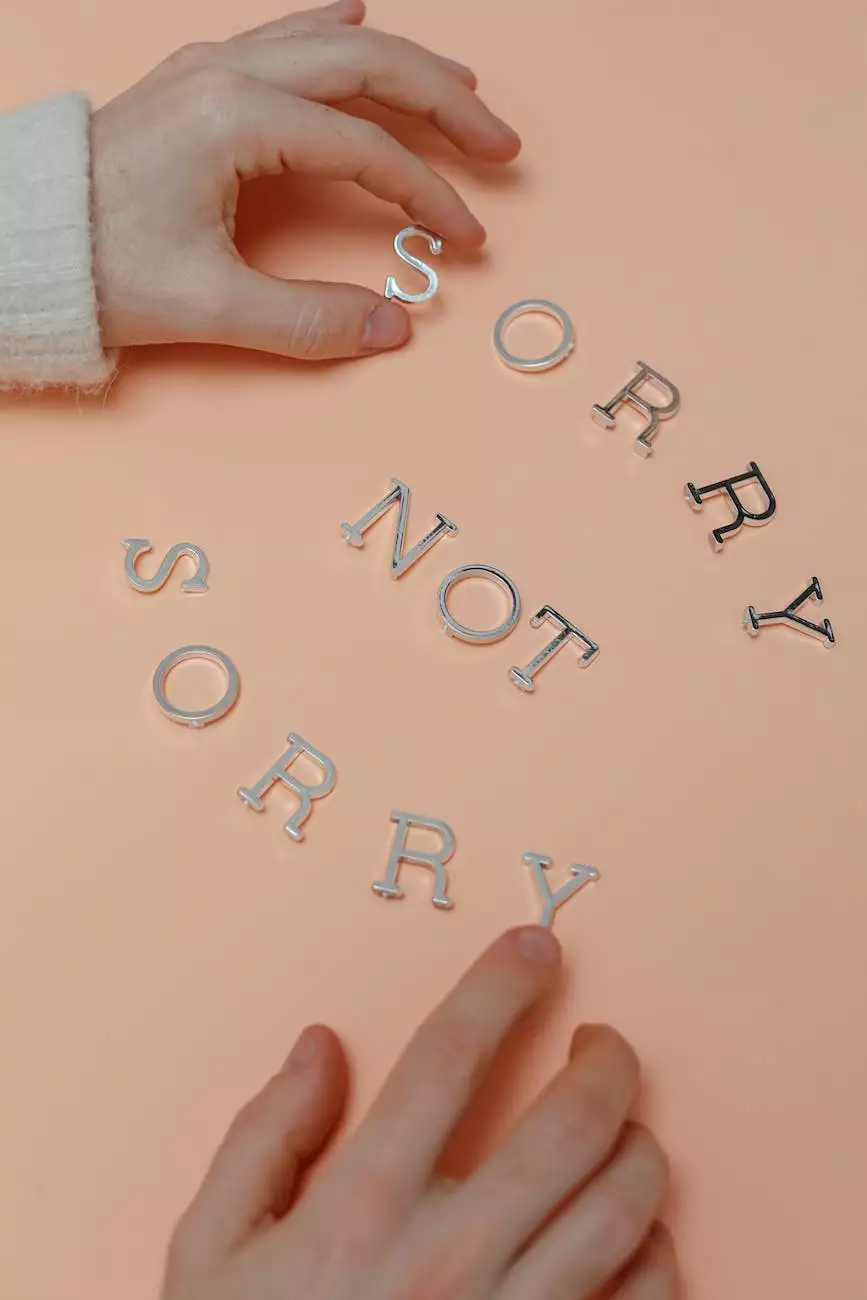465 – More Than, Better Than, and Prefer
English Grammar Lessons
Understanding the Differences
In the English language, understanding the nuances of comparative and superior forms of adjectives can be quite challenging. This article aims to shed light on the differences between "more than," "better than," and "prefer."
Comparing Quantities with "More Than"
The phrase "more than" is commonly used to compare quantities. It indicates that one item or quantity surpasses another in terms of quantity.
For example, imagine you have two boxes of chocolates. One box contains 12 chocolates, while the other has 17 chocolates. In this case, you can say, "The second box has more than the first box."
Comparing Quality with "Better Than"
On the other hand, "better than" is used when comparing the quality, excellence, or superiority of one thing over another. It is often associated with personal preferences and subjective judgments.
For instance, if someone asks you about your favorite ice cream flavor, and you reply, "Chocolate is better than vanilla," you are expressing a personal preference and noting that you believe chocolate to be of higher quality or taste.
Expressing Preferences with "Prefer"
The verb "prefer" is used to express a choice or liking for one thing over another. It conveys a subjective preference based on personal taste, rather than objective qualities.
Consider the following example: "I prefer playing tennis over basketball." This sentence indicates a personal preference for tennis and suggests that the speaker derives more enjoyment from playing tennis compared to basketball.
Examples of Usage
Below, we provide further examples to illustrate the correct usage of these phrases:
Example 1
Elizabeth has more than ten pairs of shoes in her collection. Her sister, Rachel, has fewer shoes.
Example 2
This smartphone is better than the previous model because it has a larger screen and improved battery life.
Example 3
John prefers to eat at Italian restaurants rather than Mexican ones. He enjoys the flavors and variety of Italian cuisine more.
Mastering the Usage
To confidently use "more than," "better than," and "prefer" in your conversations and writing, practice and exposure to different contexts are essential. The more you engage with the language, the more proficient you become.
Continue honing your language skills and exploring various examples to solidify your understanding of these grammar concepts.
Conclusion
In summary, understanding the differences between "more than," "better than," and "prefer" enables you to express comparisons and personal preferences accurately. NJCLT provides comprehensive explanations and examples to help you master these grammar concepts.
Remember, practice makes perfect, and the more you immerse yourself in the language, the better equipped you will be to communicate effectively.










